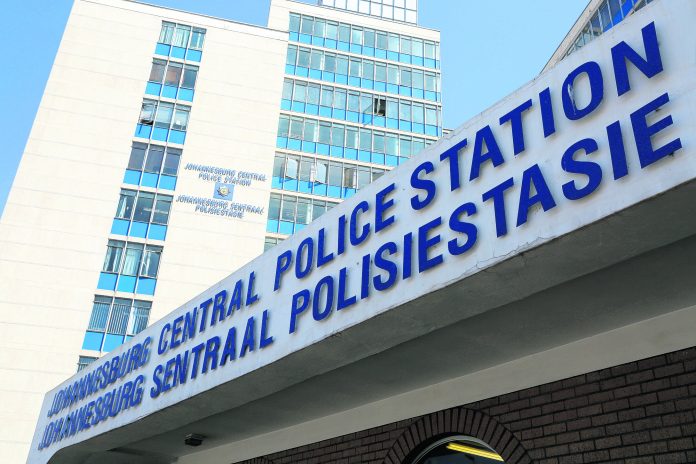
Being hanged upside down until unconsciousness. Daily beatings. Being forced to do strenuous exercises while naked.
These are some of the abuses perpetrated by South Africa’s police when activist Neil Aggett died in custody in 1982, according to witnesses who were jailed at the same time.
The harrowing testimony came at the inquest into the death of Aggett, a medical doctor and union activist, who police at the time said hanged himself. But his family and others say they believe he died as a result of torture by authorities during apartheid, South Africa’s previous and brutal regime of racial discrimination.
Aggett, 28, was held by police for 70 days without charges before he died. Fellow prisoners who saw him said he appeared to have been badly tortured.
“He was struggling to walk. He was bending forward almost like he was unable to pick his body up. It felt like the time I myself had my hands chained against my feet,” said the Rev. Frank Chikane, an anti-apartheid activist who saw Aggett while both were held by police.
“He was slow like a patient, he looked very weak and stressed,” said Chikane.
Chikane, a prominent former anti-apartheid activist, described how he was tortured by police in the same police building, now known as Johannesburg Central Police Station.
“They hanged me head down. They put me on a broom and hanged me with my head facing down until I lost consciousness. I don’t know how long that lasted. By the time I regained consciousness, they took me back to the cell, ” said Chikane.
Another former prisoner, Barbara Hogan, told how a handcuffed Aggett gave her a defiant clenched fist salute as police officers led him through a corridor.
Hogan, who later became a Cabinet minister in South Africa’s post-apartheid government, said she was subjected to daily abuse by police.
According to Hogan, she was handcuffed to a chair and repeatedly slapped in the face, among other punishments. She said had attempted to kill herself to end the abuse.
“I saw no way of getting out of the situation. I had friends who had been tortured badly,” she said.
Hogan said she regretted that a report she had compiled had been intercepted by the apartheid police and led to the arrest of activists including Aggett.
Aggett had been forced to do strenuous exercises while naked, said another former prisoner Maurice Smithers.
Aggett’s family has pursued the case for years.
The inquest into Aggett’s death follows that of Ahmed Timol, an anti-apartheid activist who also died in police detention. That investigation determined that Timol did not die of suicide, as the apartheid regime had said, but had been killed. Former policeman Joao Rodrigues is set to go on trial for Timol’s killing after a South African court last year declined his application for a permanent halt of his prosecution.
At least 67 detainees had died while in the custody of the apartheid government’s secret police, said Jabulani Mlotshwa of the National Prosecuting Authority.
“Those are the ones which we know of. The grim reality is that the count was probably higher,” he said.
Representing the Aggett family, advocate Howard Varney said their aim is to get the 1982 ruling that Aggett killed himself overturned.
The inquest is expected to continue throughout February.



















